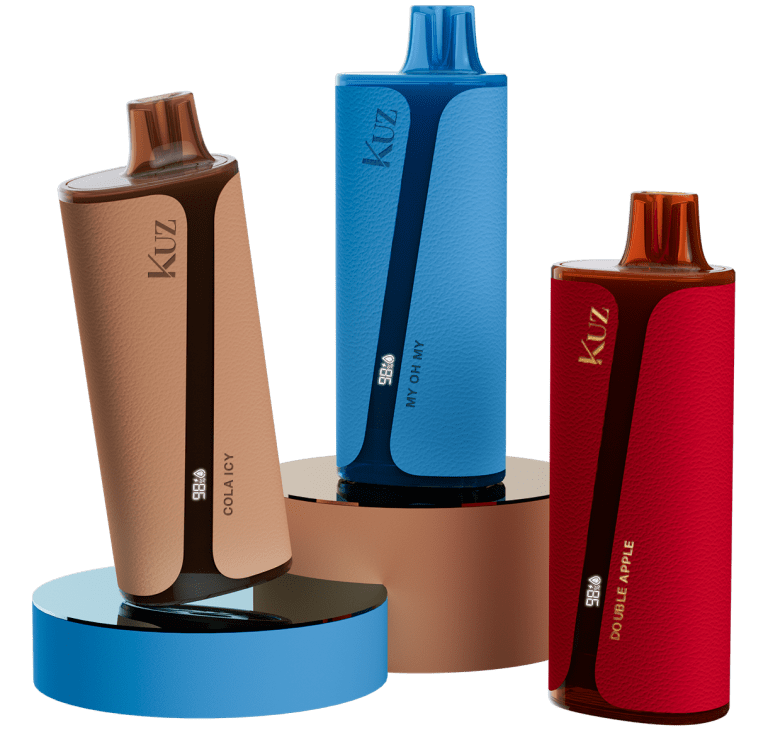Vaping has become a popular alternative to traditional smoking, but its legal status varies widely across the United States. In Texas, vaping is legal but strictly regulated to protect public health, particularly that of minors. Whether you’re a vape user, retailer, or simply someone looking to stay informed, understanding Texas’ vaping laws is crucial.
Texas Vaping Laws: The Basics
In Texas, the purchase and use of vaping products are restricted to individuals who are 21 years or older. This law aligns with federal regulations and aims to curb the rise in vaping among young people. The only exception to this age requirement is for active military personnel who are at least 18 years old.
Retailers in Texas are required to follow stringent guidelines when selling e-cigarettes and other vaping products. These products must be stored behind counters or in locked cases, inaccessible to customers without assistance from a store employee. This measure ensures that minors cannot easily access these items, further supporting the state’s efforts to prevent underage vaping.
Retail Compliance and Enforcement
Retailers must also adhere to several other regulations, including proper signage that warns customers of the legal age requirements and the potential health risks associated with vaping. Additionally, Texas law prohibits the sale of vaping products that could appeal to children, such as those with bright colors or cartoon packaging.
Non-compliance with these regulations can result in severe penalties, including fines and the revocation of a retailer’s license to sell tobacco products. The state has ramped up enforcement, particularly in areas close to schools, to ensure that these laws are strictly followed.
Public Vaping Regulations
While there is no statewide ban on vaping in public spaces, local governments in Texas have the authority to impose their own restrictions. Some cities have chosen to include vaping in their public smoking bans, meaning that in those areas, using an e-cigarette in places like restaurants, bars, and public parks may be illegal. It’s essential for vapers to be aware of local ordinances to avoid fines or other penalties.
The Impact of Texas Vaping Laws on Public Health
The strict regulations on vaping in Texas are part of broader efforts to reduce nicotine addiction and protect public health. By limiting access to vaping products, particularly among minors, Texas aims to decrease the number of young people who start vaping and eventually transition to traditional tobacco products.
Studies have shown that early exposure to nicotine can lead to long-term addiction, and the adolescent brain is particularly susceptible to its effects. Texas’ laws reflect a growing concern about the health implications of vaping, particularly among youth.
Conclusion
While vapes are not illegal in Texas, the state’s laws around their sale and use are designed to protect the public, especially young people. By understanding and adhering to these regulations, both consumers and retailers can help ensure that vaping remains a legal and safe activity in Texas.
Always stay informed about local laws and changes to state regulations to ensure compliance and avoid potential penalties. As vaping continues to evolve, so too will the laws surrounding it, making ongoing education and awareness critical for everyone involved.
This comprehensive guide should provide you with a clear understanding of the current legal landscape surrounding vaping in Texas. Whether you are a consumer or a retailer, staying informed and compliant with the law is essential.



